Article
Recovery for the Holidays
"By preparing your response and exit strategy, you stay in control instead of letting old patterns dictate your actions."

Navigating Family Gatherings in Early Recovery: A Practical Guide
Returning to familiar places, especially during the early days of recovery, can be emotionally complex. It’s natural to feel some anxiety as you head back to a setting filled with memories—good and bad. The key is preparation, mindfulness, and having a plan. Here’s how to navigate these challenges while staying grounded and focused on your recovery.
1. Anticipate Anxiety and Practice Visualization
It’s normal to feel uneasy returning to places tied to old habits. Preparing yourself mentally can make discomfort more manageable.
Start by visualizing the experience in advance. Picture your surroundings: the smells of home, the comfort of your favorite baked goods, the warmth of a family hug. Imagine these positive moments vividly. Even taking just five minutes before your arrival to picture this scene can have a calming effect.
Practicing this visualization repeatedly in the days leading up to your trip will give you a sense of control, helping you adapt to new or emotionally charged surroundings with confidence.
2. Prioritize Rest to Avoid Triggers
Arriving at a family gathering sleep-deprived is a recipe for disaster. When you’re exhausted, it’s much harder to handle emotions or resist temptations. Poor sleep also makes you more vulnerable to triggers like hunger or irritability, which can lead to relapse.
Remember HALT: Hungry, Angry, Lonely, Tired—four states that increase the risk of cravings. Proper sleep and maintaining a routine can help you avoid half of this dangerous equation before you even step through the door.
3. Break Old Habits Before They Break You
Family gatherings often involve traditions, and for many, those traditions include alcohol. Whether it’s sipping wine by the kitchen island or sharing beers on the patio, these moments can catch you off guard if you’re unprepared.
Have a response ready when someone offers you a drink. Practice saying it until it feels natural:
“No thanks, I’m sticking to water tonight.”
“I’ve cut back—thank you for understanding.”
When the volume rises, and the crowd starts to feel overwhelming, know your next step. Walk away, grab some fresh air, or text a supportive friend. By preparing your response and exit strategy, you stay in control instead of letting old patterns dictate your actions.
4. Share Your Journey with a Trusted Ally
One of the most important steps in navigating a family visit is ensuring someone in the room knows about your sobriety. If you’re avoiding telling even one person, ask yourself why. Family can be emotional, triggering, and complicated—but having a trusted ally present can be the difference between feeling supported and feeling isolated.
If no one in your family is ready to fill that role, consider whether the trip is worth it right now. Early sobriety isn’t the time to push your limits without a support system.
5. Avoid Dramatic Gestures or Conversations
Family gatherings can tempt us to prove how much we’ve changed or to resolve old conflicts. But remember, sobriety is a process, and so is rebuilding trust.
Resist the urge to make dramatic proclamations during high-pressure moments like holiday dinners. Instead, focus on enjoying the gathering and showing your growth through your actions. Deep, meaningful conversations about your recovery or seeking forgiveness are better saved for calmer, more intimate moments. A laid-back Sunday afternoon may be the perfect time for these discussions, rather than the chaos of a holiday meal.
6. Create a Plan and Set Boundaries
A successful trip home starts with a clear plan. Make a list of what you want to do and who you want to see. Just as importantly, decide what you’ll avoid:
Are there specific people who are triggering for you?
Are there places you know you shouldn’t go?
Stick to your boundaries and pack your recovery toolbox—whether it’s bringing a trusted friend, keeping a journal, or using an app for support. Staying focused on your goals will help you navigate the trip safely and successfully.
7. Define Success in Advance
Ask yourself: What does success look like for this trip? It could be as simple as staying sober or as specific as having a calm, positive conversation with a family member. Whatever your goal, practice it beforehand.
For example, if you want to discuss your recovery journey, rehearse how you’ll communicate it. Speaking out loud allows you to refine your message and ensure it conveys respect and maturity. Leading with calmness and clarity can help others feel comfortable, paving the way for genuine connection.
8. Be Kind to Yourself
At the end of the day, remember to show yourself grace. Recovery is a challenging journey, and navigating family dynamics is no small feat. Celebrate the progress you’ve made and remind yourself of the strength it took to face these situations head-on.
If things don’t go perfectly, that’s okay too. Each step forward is a victory, no matter how small it may feel.
Final Thoughts
Returning to family gatherings in early sobriety requires preparation, intention, and self-compassion. By anticipating challenges, leaning on your support network, and staying committed to your boundaries, you can turn what might feel daunting into an empowering experience.
At Recovery Unbroken, we’re here to walk alongside you every step of the way. You’ve got this!
share this
Created by Mindset Media Group. The content on this website is owned by us and our licensors. Do not copy any content (including images) without our consent.
